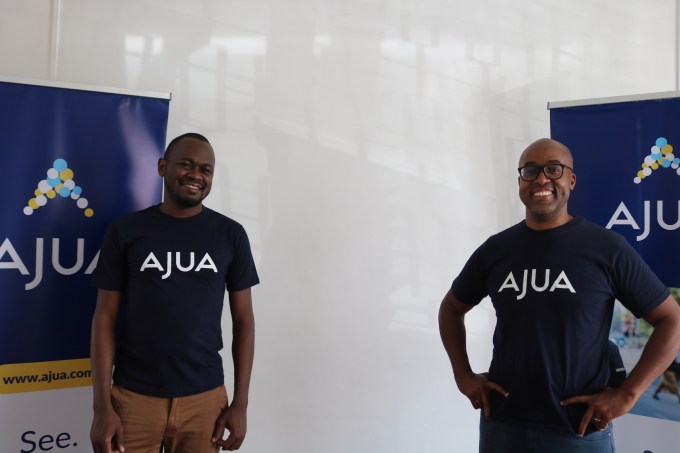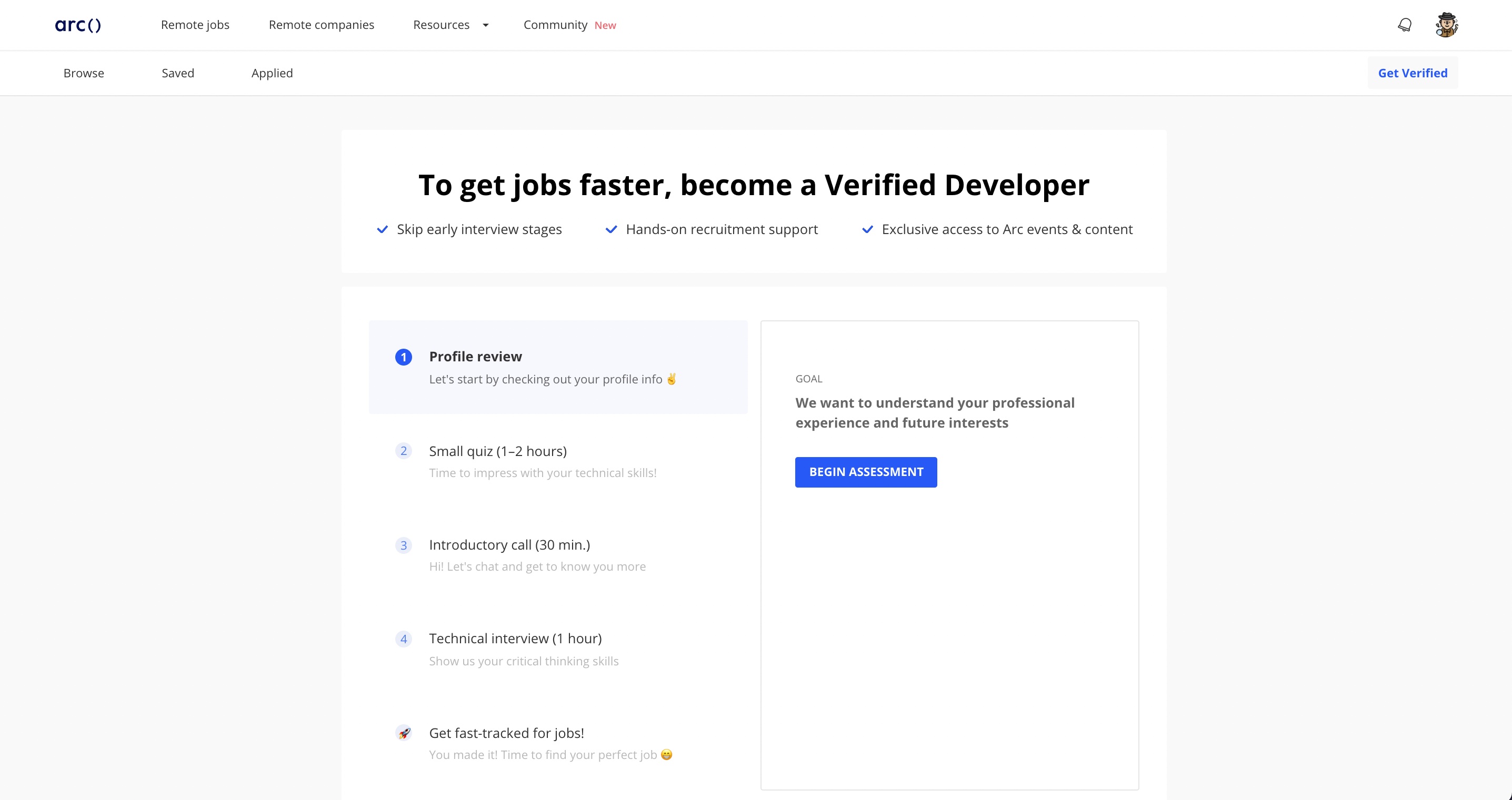- April 28, 2021
- by:
- in: Blog
Challenger banks continue to make significant waves in the world of finance, with smaller outfits luring customers away from incumbents by providing an easier way for them to not only engage with basic banking services, but to tap into a wave of technology that brings more personalization and often better deals into the equation. In
Challenger banks continue to make significant waves in the world of finance, with smaller outfits luring customers away from incumbents by providing an easier way for them to not only engage with basic banking services, but to tap into a wave of technology that brings more personalization and often better deals into the equation. In the latest development, Viva Wallet, a Greek startup building banking services aimed at small and medium merchants, has picked up financing of $80 million, money that it will be using to expand its footprint and the services that it is offering to users, in particular expanding its Merchant Advance loans business.
The company is already live in 23 European markets and plans soon to expand that to Croatia, Hungary and Sweden.
The funding is notable in part because of who is doing the investing. Tencent — the Chinese technology giant behind Wechat that is also making major inroads into financial services — is in the round, alongside the European Bank for Reconstruction and Development (EBRD) and Breyer Capital.
Viva Wallet is not disclosing its valuation right now, but Yannis Larios, the company’s VP of strategy and business development, confirmed to us that it’s in the middle of closing a large Series D — last August sized at €500 million ($603 million) — that will value it at €1.5 billion ($1.8 billion). This is a big leap: he also noted that when Viva Wallet closed its Series C in the second half of 2019, it was valued at €305 million.
When it closes, the Series D will be used, according to a report in Reuters, to help Viva Wallet build out a new kind of loan book around its Merchant Advances and other loans that it provides to customers. Essentially, if approved by regulators, investors would get stakes in a new legal entity, a special purpose vehicle, that will hold the loans. This is not typically how debt from loans is handled by neo-banks, but it seems that the logic is that it could give the startups more agility to scale faster by removing some of the risk from its balance sheet. (The downside: potentially less accountability around those loans?)
The round is notable for coming at a time when Europe is slowly, hopefully poking its head out from under the weight of the Covid-19 pandemic, which has shaken and knocked over many an economy already wobbling even before the public health crisis. Focused primarily on merchants, Viva Wallet is a prime example of the kind of tech business that might help some of these critical businesses recover.
“We are excited to onboard Tencent, EBRD and Breyer Capital to Viva Wallet,” said Haris Karonis, Founder and CEO of Viva Wallet, in a statement. “We are confident that our investors’ extensive know-how and network of partnerships will accelerate Viva Wallet’s plan to unify the fragmented European payments market. The technology innovations that we are bringing forward to European merchants will help them provide a frictionless, localised payment experience to all their clients, and liberate them from the hassle of maintaining legacy card terminals.”
If you think that the world of neo-banks is very crowded — and that specifically neo-banks focussed on the SMB opportunity is also getting crowded (some of the other contenders include Finom, Wise out of the US, Monzo, Penta, Starling, and ANNA among many others)– one reason why Viva Wallet is getting some attention is because of its traction and track record so far.
Larios says that the startup has been profitable as of Q1 of this year, on the back of a business that has grown by more than 40% in the last year, with 60,000 merchants currently active on its books. It’s on track, he said, for that number to be 100,000 by the end of this year.
One reason for its success, he said, is that it’s taken a very localized approach to growth, setting up operations with physical branches in each of the countries where it is active — somewhat of a retro idea in today’s market where banks are regularly shutting down their brick-and-mortar locations and going virtual. “Viva Wallet is proving the resilience of its business model,” he said.
The funding will be used in part to build out its loans program but also to expand areas where Viva Wallet is already strong. One of these is its point of sale Tap-On-Phone solution, which turns any Android device (smartphone, tablet or enterprise device) into a card terminal, to accept both contactless and PIN payments without the need for separate hardware. (Most POS systems use small, separate terminals that will connect to a tablet or phone.)
He also said there will be some M&A in the future to expand to more markets more quickly.
One area where the company will not expand is into the consumer space. Other neo-banks like Revolut and Atom have leveraged their traction with younger consumers to move into providing services for the enterprises that they found, but Larios that that is not a strategy that Viva Wallet will take in the reverse, not least because the consumer market has so far proven to be a tough-margin (or even bad-margin) game.
“Viva Wallet focuses on businesses only and will continue to do so!” he said (exclamation his!). “The consumer segment is not providing any space for profitability and we are seeing that all competing neo-bank business models focusing on consumers are mostly burning money away.
“We are focusing on the SMEs of Europe, providing a pan-European payments solution which however is very much localized to address merchants’ true local needs in terms of local payments acceptance, local IBAN accounts, local BIN business debit cards etc.” But while Viva Wallet may have a lot of SMB customers — and the EBRD investment is definitely being made to endorse that — he points out that it also includes medium businesses and some enterprises — larger merchants like supermarket chains, for example — and that will be an area it will continue to expand in.
This gives Viva Wallet enough specialization and differentiation, alongside its profitability in targeting those areas so far, to bring in the big name investors keen to tap into economic recovery, both to help that along and to ride the wave of that as it pays dividends.
“We are very excited to help Viva Wallet unify the fragmented European payments ecosystem across 23 countries. Viva Wallet is at the forefront of a paradigm shift for fintech and together, we expect to transform the payments industry in Europe” said Jim Breyer of Breyer Capital, in a statement.
“Tencent shares Viva Wallet’s aspirations of creating value for users and partners through innovation. We look forward to supporting Viva Wallet in its expansion across Europe,” added Danying Ma, MD of Tencent Investment.






